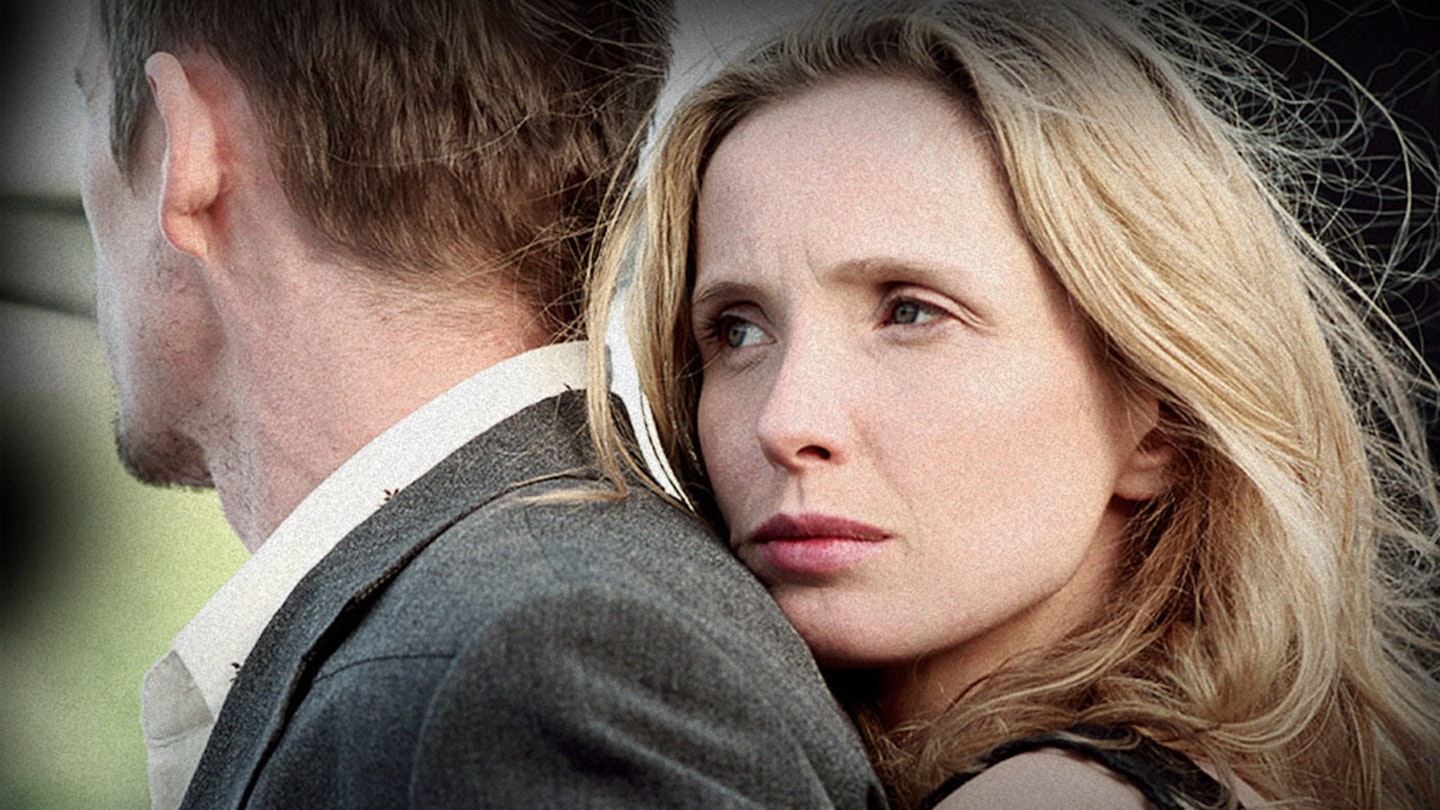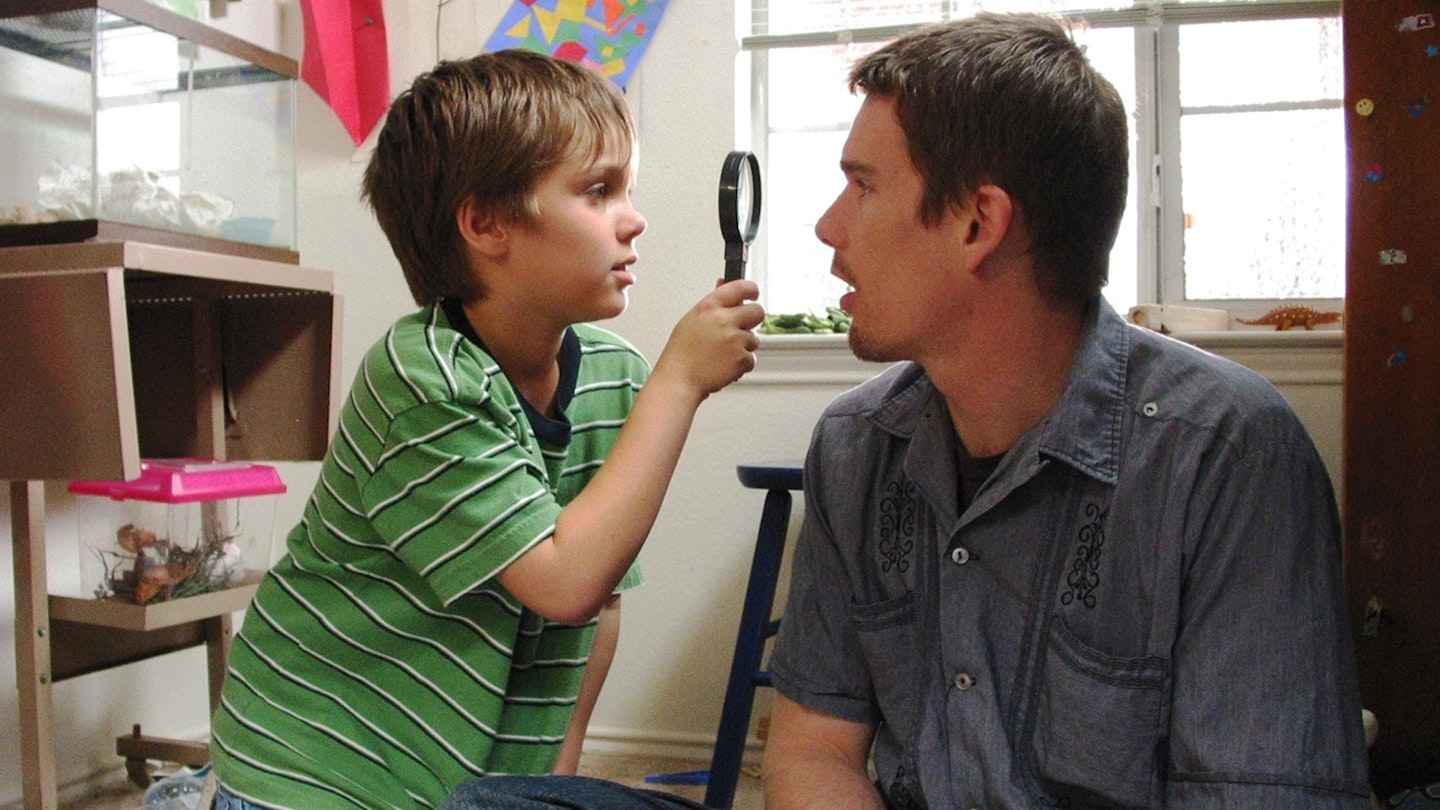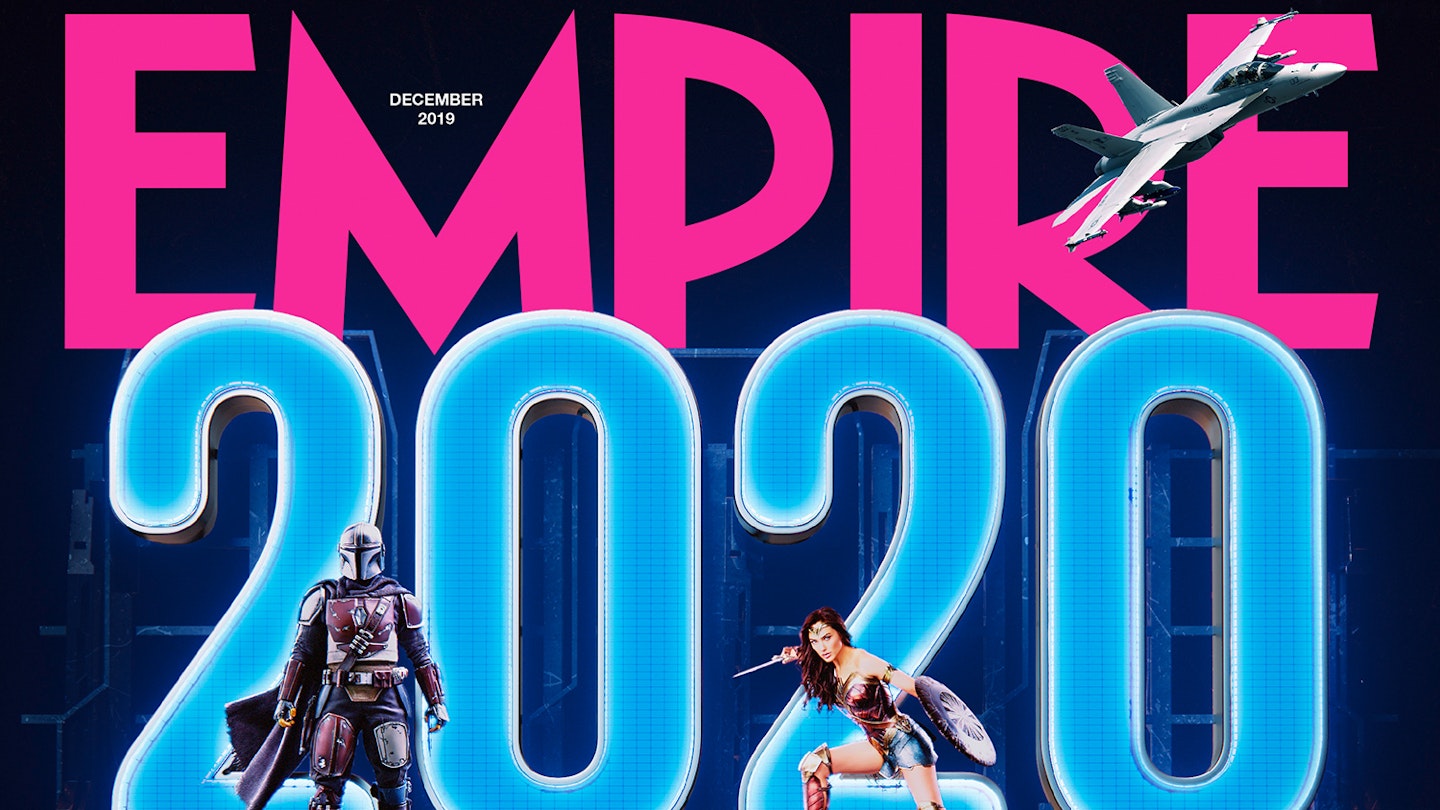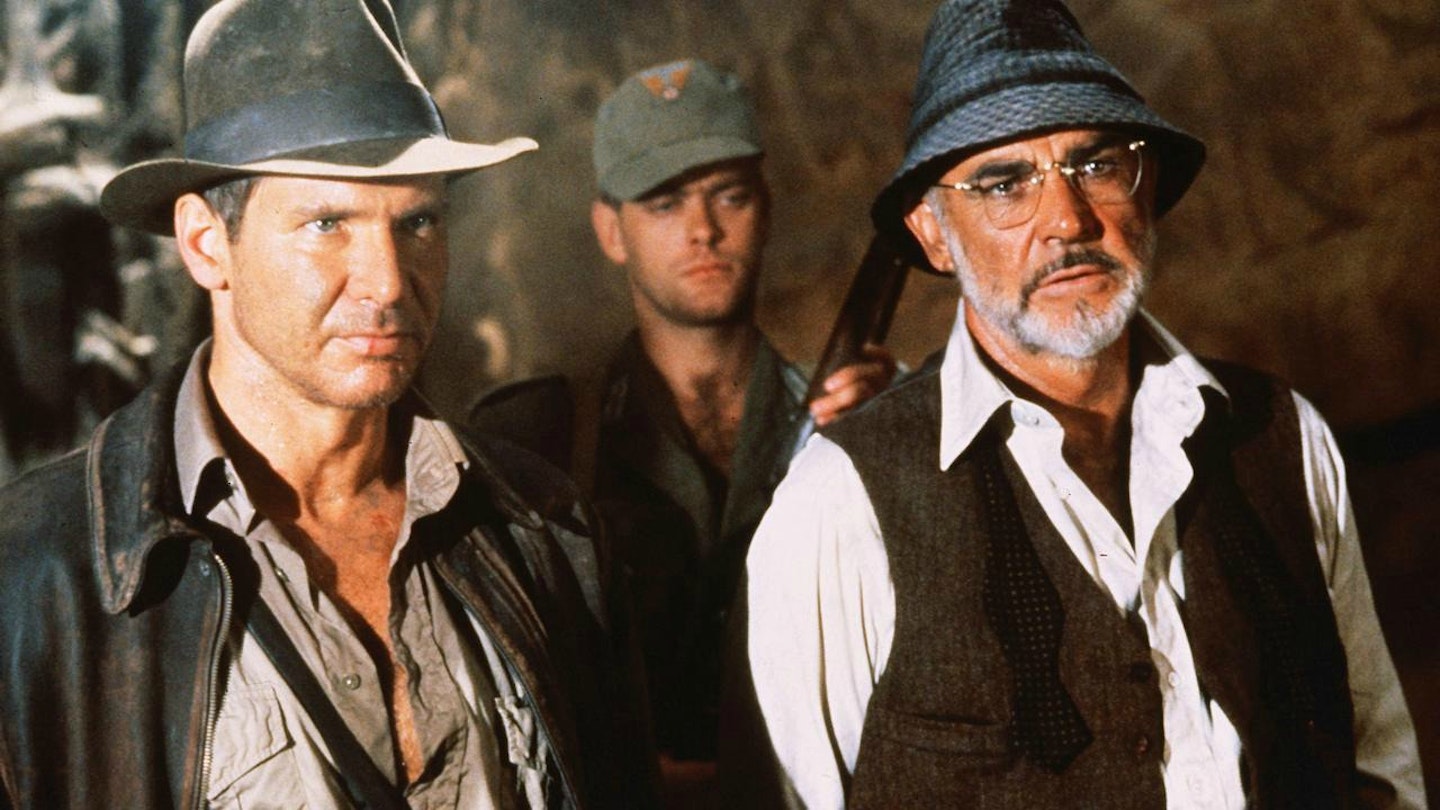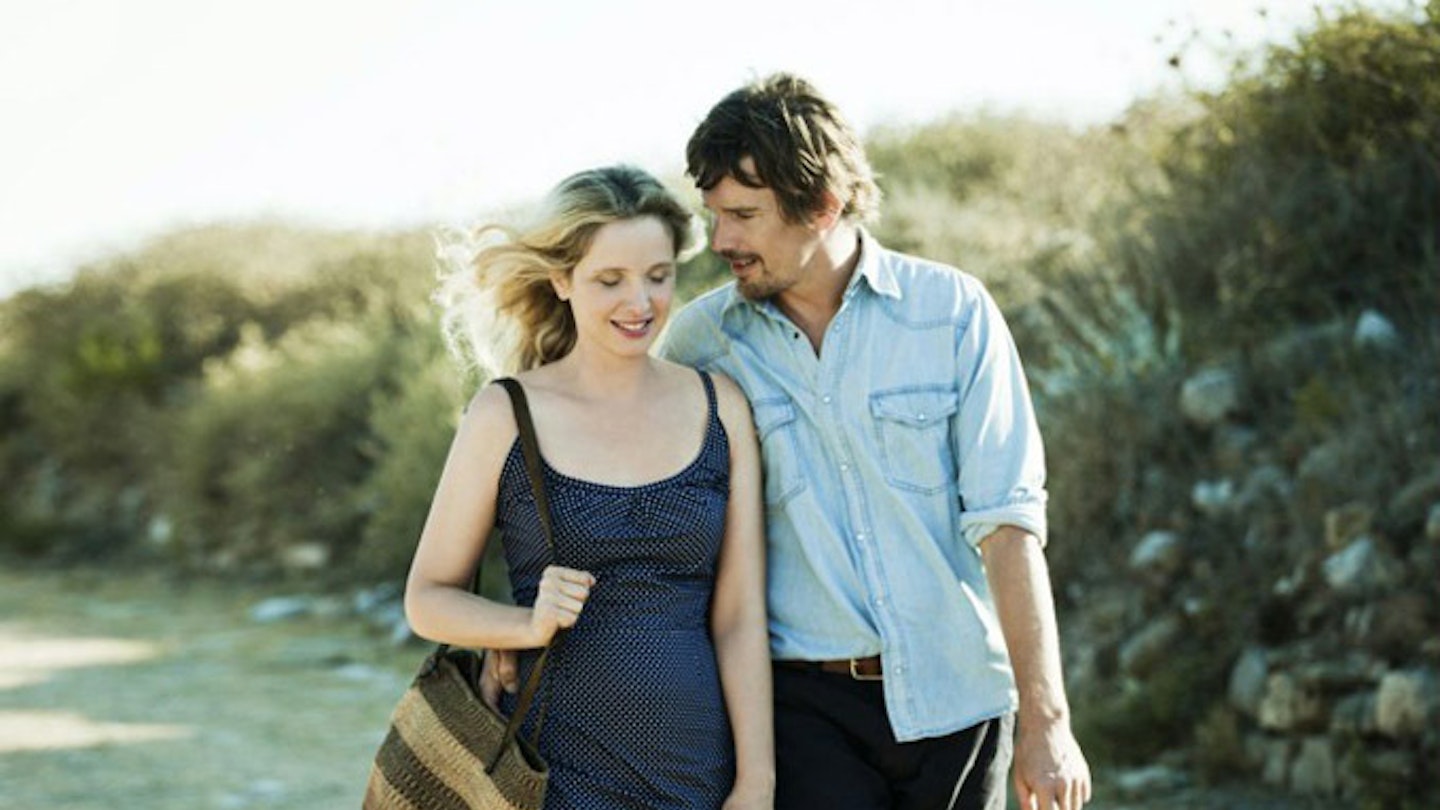Back in 1995, Richard Linklater - until then best-known for Slacker and Dazed And Confused - left Kevin Smith to chronicle America's waster youth and made a small, offbeat romance called Before Sunrise. A deeply appealing two-hander about an American backpacker (Hawke) and a French student (then-unknown Delpy) who meet on a train and talk their way around Vienna, Before Sunrise charmed romantically-inclined twentysomethings everywhere. The crux of the matter in that film, of course, is that at the end the pair agree to meet six months on. Would they be there? Would they live happily ever after? It was fun to daydream, but ultimately, was that even the point?
It is now. A decade later, Linklater - rejoined by his two stars, who share the writing credits - has produced a "real-time" sequel, catching up with Jesse and Celine nine years down the road - a prospect that must strike both joy and trepidation into the hearts of devotees. Have they spoilt it all? Conversely, will it mean anything to those new to the pair? Should it ever have been made? The answers to these are broadly no, yes (there are even helpful flashbacks to the first film - but oh don't they show how shockingly gaunt Hawke has become!) and, well, the third could generate debates to rival those of our spirited protagonists.
Certainly there are problems with the film. A mere 80 minutes long, like Before Sunrise the structure of Before Sunset - two people wander aimlessly, arguing, flirting, ultimately rejoicing in each other - is not on paper the stuff of high drama, and some will find the lack of a definite story arc undisciplined and unengaging. Potentially more damaging is the abruptness of the ending which, coupled with the short running time, could leave some viewers wondering if the last reel slipped down the back of a filing cabinet. Teasingly frustrating in its ambiguity, the final scene - languid, heady, sexy as hell - eschews a solid, conventionally dramatic conclusion, instead taunting us with yet more questions - some will love this, but after the building tension of the preceding moments, others will demand more.
That said, there is still so much to love about Linklater's literate, candid, and this time necessarily more sombre film. Jesse and Celine, now in their early 30s and in theory older and wiser, are still as delightfully real as they were ten years ago. All credit to Hawke and Delpy, who hardly seem to be acting; they just are these characters. Meeting up by (almost) chance in Paris with mere hours until Jesse has to leave, the shell-shocked pair walk the streets of Le Marais and the Latin Quarter, stumbling from awkwardly polite niceties to heartfelt confessions and anxieties touching the very core of their "grown-up" lives - the poignancy of regret, the loneliness of failing relationships, the agonising conflict between desire and duty - universal subjects that extend beyond the parameters of Jesse and Celine's story and will strike a chord even with those unfamiliar with the first film.
While some might balk at such wordiness, the film is far from earnest or depressing, full of humour and joy - and the three writers counter any chance of boredom by dropping mini bombshells at regular intervals; tiny ripples on the Richter Scale, perhaps, but hugely important twists in the context of this couple. Set against the beauty of Paris - cinematographer Lee Daniel hardly has to try! - it's near impossible not to be seduced by this picture, the director nevertheless cranking up the aesthetics by filming the city in long, golden-dappled tracking shots that soothe the eye just as he tightens the emotional screws. An involving and all too fleeting joy.
